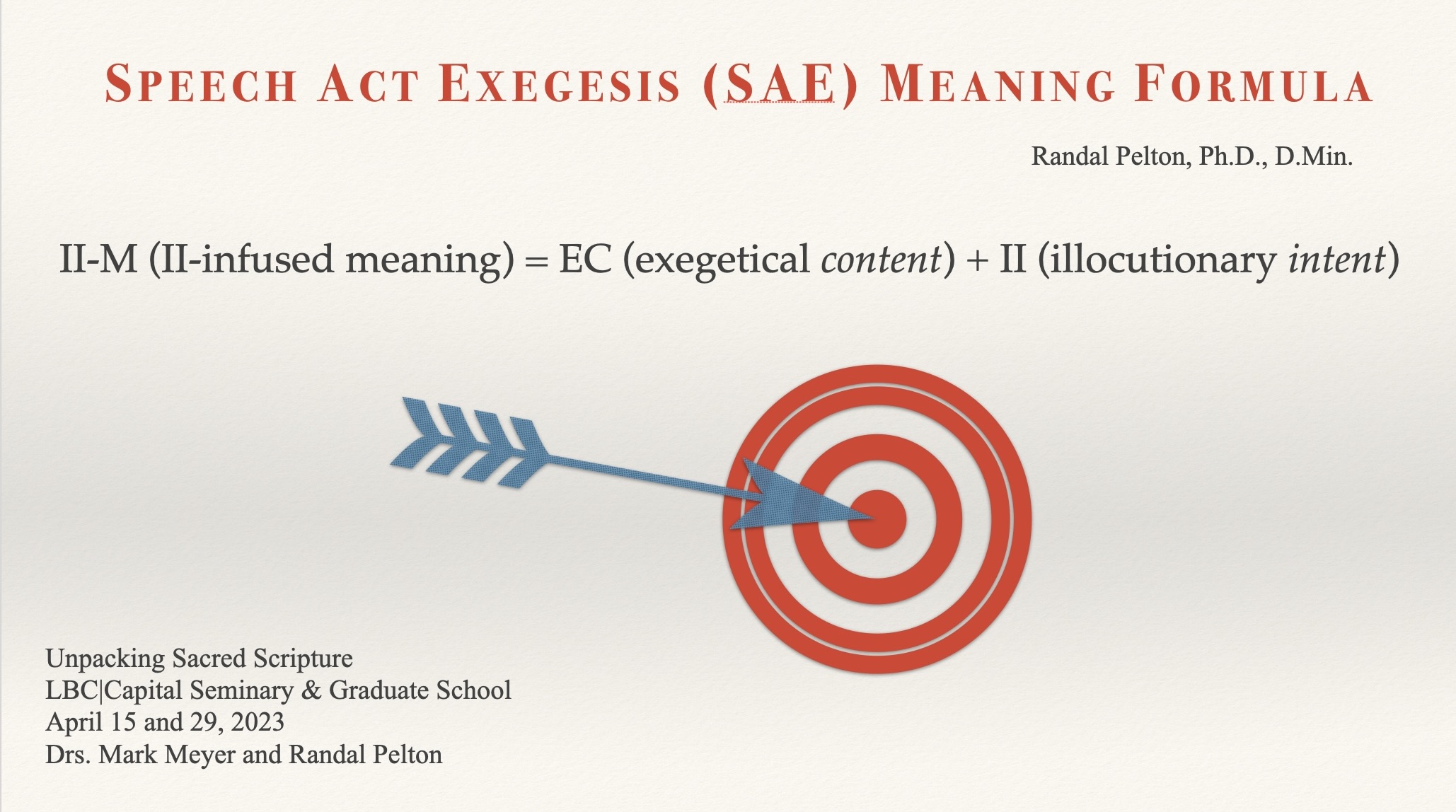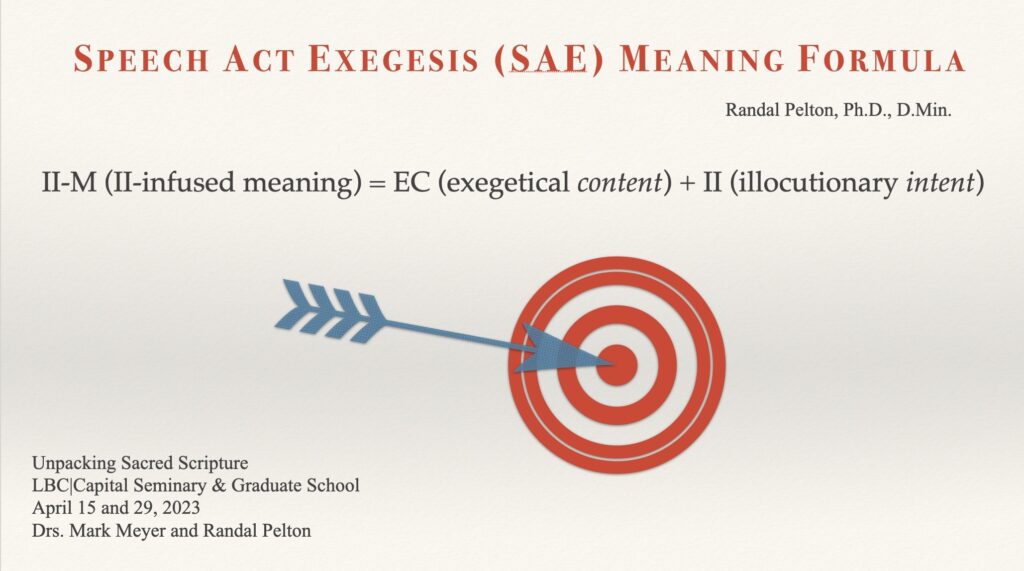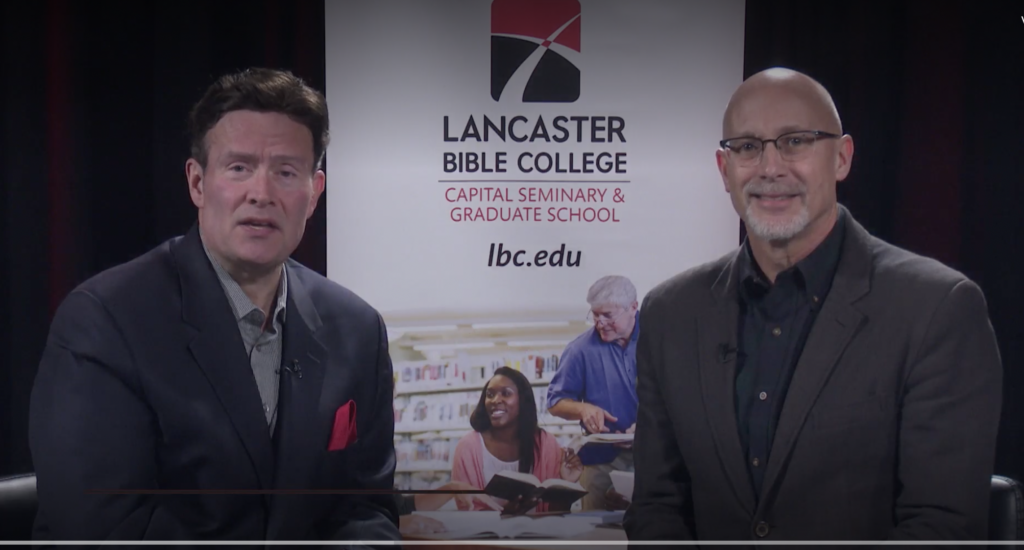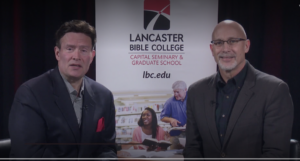
I am attempting to put some finishing touches on this Sunday’s message on Hebrews 10:19-27. The summer series is, Hard-Working Faith.
Hebrews 10:23 reads,
23 Let us hold fast the confession of our hope without wavering, for he who promised is faithful.
The first implication in this verse can be asked this way (I teach students to formulate these implications in the form of a question to help their listeners come along with them during the sermon):
What is it about “the confession of our hope” that is worth holding onto?
Don’t assume that every congregant is aware of the inestimable worth of the Gospel and faith in Christ. Better to take a moment and remind them of what this confession means and why it is linked to biblical hope (desire and expectancy).
The same goes for the second implication in v. 23 which is connected to the first one. The only reason why any of this matter is because God promises something you and I really care about. And we’re going to help them care about it.
This illustration may help. If my wife, Michele, said to me, “I promise we’ll have lots of vegetables for lunch today,” I wouldn’t be too excited. I am not a huge fan of vegetables, except for corn, but being diabetic squashes that appetite! But, if she said, “I promise we’ll have lots of ice cream for lunch (notice I didn’t say, “with lunch”) today.” Then, because I love ice cream and because I know Michele keeps her word, I am going to believe her and be at the table at lunchtime [Yes, i realize I am being very inconsistent about being diabetic!].
So, whenever you can, search for meaning at the level of implications from the text. Usually those implications will make your sermon more robust theologically as you show how the text penetrates the heart of a listener.
And may our Lord receive glory in the church and in Christ Jesus through your careful exposition of Sacred Scripture (Ephesians 3:21).
Randal











